Femia > Health Library > Pregnancy > Pregnancy health > Can you get Botox while pregnant?
Can you get Botox while pregnant?
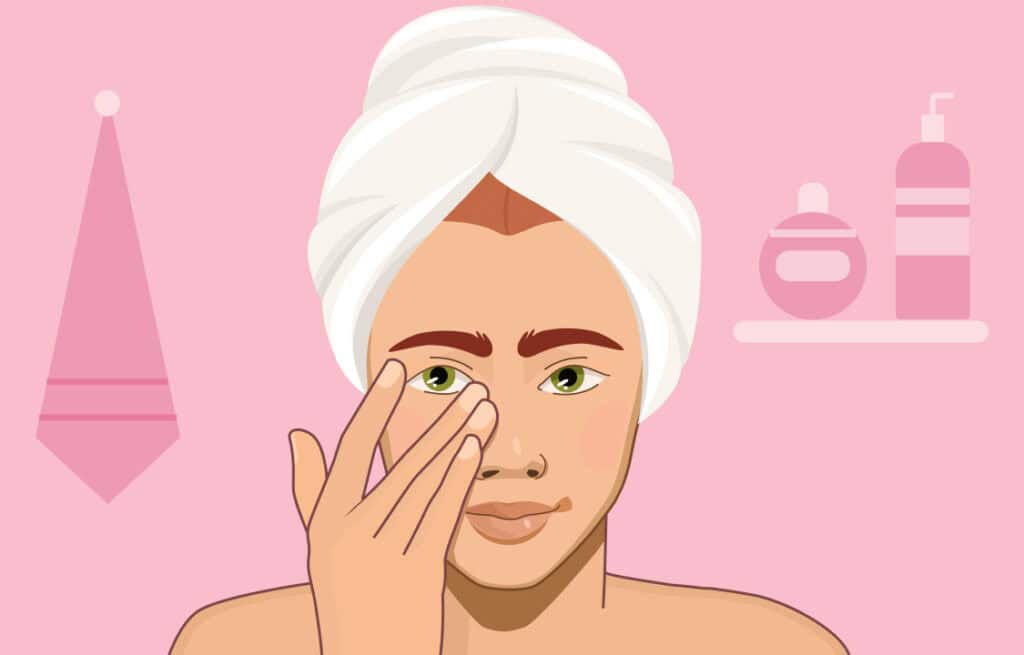
- Updated Feb 10, 2025
- Published
CRAFTED BY HUMAN
Crafted by human At Femia, we provide accurate and up-to-date information at every stage of your journey, from trying to conceive, pregnancy and postnatal support. All content is created by a real person based on in-depth research and own professional experience. Femia ensures that you will receive expert advice, strict accuracy and a personalized approach from our authors/medical experts. Learn more about our editorial policy.
FACT CHECKED
Fact checked At Femia Health, we maintain the highest standards of editorial excellence in delivering content focused on helping you conceive, guiding you through pregnancy, and supporting you postpartum. Explore our content review principles to learn how we ensure the accuracy and quality of our health and lifestyle tips for every stage of your journey.
There are no reported cases of pregnancy-related complications from Botox but there is not a lot of data on the safety of Botox in pregnant women to begin with. Given the uncertainty surrounding how Botox can affect the fetus, most medical doctors recommend avoiding it during pregnancy.
As an immensely popular procedure used worldwide for medical and cosmetic purposes, the Botox question is commonly asked by women considering getting pregnant and nursing and is often debated among reproductive endocrinologists and ob-gyns. In this article, we’ll discuss whether it is safe to get Botox while pregnant and explore what alternatives pregnant women can use.
designed just for you
Personalized meal plans, symptom tracking, and more with the Femia
What is Botox?
Botox is the brand name of a product that contains a highly purified neurotoxin protein extracted from the bacterium Clostridium botulinum. When injected in minimal amounts, it temporarily paralyzes muscles and causes them to relax. This helps remove creases, smoothes out texture irregularities, results in a refreshed complexion, and promotes overall skin health.
Further research shows that Botox injections are safe for most people and can be used medically and cosmetically; however, a positive pregnancy test may make you reconsider.
👉Find out more: Can you get lip fillers while pregnant? Here’s what you need to know
Is it safe to get Botox while pregnant?
Can you get Botox while pregnant? The FDA has placed Botox in pregnancy category C, meaning there are not enough clinical studies to assess its risks and benefits, given women’s unwillingness to participate in a potentially harmful study. More investigation is required to make a solid recommendation and guarantee it is absolutely safe while pregnant or breastfeeding.
The FDA allows the use of Botox for certain medical conditions during pregnancy. However, it is ultimately up to your doctor to evaluate your specific situation.
👉Find out more: Can you get piercings while pregnant?
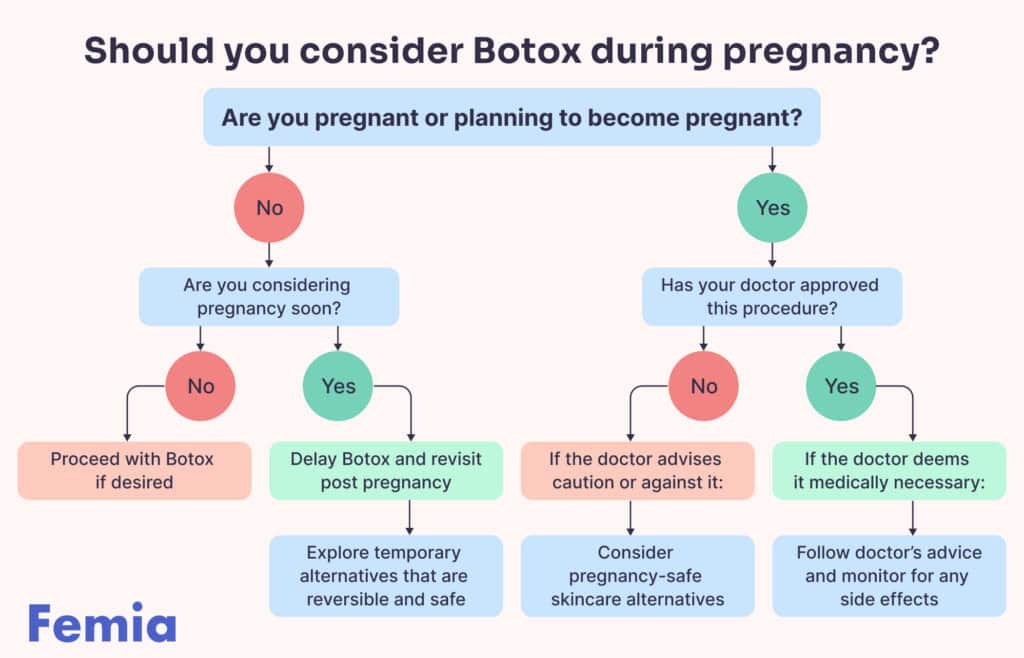
Potential risks of Botox during pregnancy
Doctors recommend avoiding Botox during pregnancy.
Theoretically, if this toxin is injected in an inappropriate dose, it may cause botulism, which leads to poor muscle development, spasms, and poor breathing. However, the risk of developing botulism from such injections is extremely low.
Other possible side effects caused by Botox may include:
- Infection;
- Allergic reactions;
- Hypersensitivity reactions;
- Headaches;
- Flu-like symptoms;
- Blurred vision;
- Difficulty forming words;
- Loss of bladder control.
These side effects are uncommon and occur at rates similar to those seen in the general population without treatment. Importantly, they do not affect the baby.
👉Find out more: Can you get a spray tan while pregnant?
Alternatives to Botox for pregnant women
While injections with Botox and other neuromodulators are off the table for a while, you can look to other safe solutions to keep the skin of your face in top shape. With pregnant and nursing women, dermatologists turn to non-invasive skin care alternatives, such as:
- Cleansing facials to minimize the appearance of fine lines and amp up your glow;
- Chemical peels (like glycolic and lactic acid) to help exfoliate the skin and improve its overall tone and texture;
- Dermaplaning—a pregnancy-safe treatment that uses a surgical blade to remove dead skin, leaving our derma noticeably smoother and softer;
- Topical products containing hyaluronic acid, peptides, vitamin E, and vitamin C that help plump and nourish your skin, brighten and moisturize it, protect it from free radicals, reduce mild pigmentation, and boost collagen production;
- Massages, face yoga, and facial acupuncture to improve blood flow, resulting in smoother skin.
👉Find out more: Weird pregnancy cravings: The strangest food combos and how to handle them
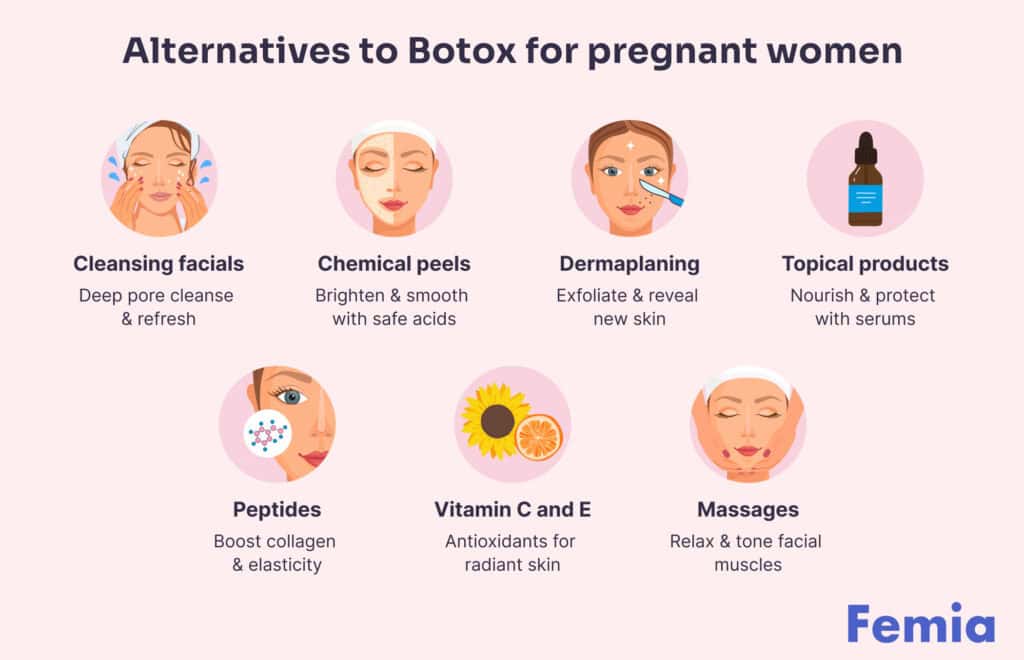
You should contact a professional dermatologist to advise you on risk-free treatment for your specific needs.
designed just for you
Personalized meal plans, symptom tracking, and more with the Femia
The bottom line
Even though Botox is considered safe for medical and cosmetic purposes, continuing treatment during pregnancy is somewhat of a gray area. As a precautionary measure, it is better to postpone your next round of beauty injections and discuss safer cosmetic alternatives with a medical professional.
👉Find out more: 10 weird pregnancy symptoms you didn’t know existed
References
- Cohen, Joel L., and Nicolò Scuderi. “Safety and Patient Satisfaction of Abobotulinumtoxin A for Aesthetic Use: A Systematic Review.” Aesthetic Surgery Journal, vol. 37, no. suppl_1, Apr. 2017, pp. S32–44. https://doi.org/10.1093/asj/sjx010.
- Morgan, John C., et al. “Botulinum Toxin During Pregnancy: A Survey of Treating Physicians.” Journal of Neurology, Neurosurgery and Psychiatry, vol. 77, no. 1, Jan. 2006, pp. 117–19. https://doi.org/10.1136/jnnp.2005.063792.
- FDA Pregnancy Categories – CHEMM. chemm.hhs.gov/pregnancycategories.htm.
- Wu, Lin, and Min Tang. “Application of Botulinum Toxin in Pregnancy and Its Impact on Female Reproductive Health.” Expert Opinion on Drug Safety, vol. 19, no. 1, Dec. 2019, pp. 83–91. https://doi.org/10.1080/14740338.2020.1707803.
- Botox Medication Guide | FDA. www.fda.gov/media/77359.
- Brin, Mitchell F., et al. “Pregnancy Outcomes Following Exposure to onabotulinumtoxin A.” Pharmacoepidemiology and Drug Safety, vol. 25, no. 2, Dec. 2015, pp. 179–87. https://www.ncbi.nlm.nih.gov/pmc/articles/PMC5063122/pdf/PDS-25-179.pdf.
- Tang-Liu, Diane, et al. “Intramuscular Injection of 125I-botulinum Neurotoxin-complex Versus 125I-botulinum-free Neurotoxin: Time Course of Tissue Distribution.” Toxicon, vol. 42, no. 5, Oct. 2003, pp. 461–69. https://doi.org/10.1016/s0041-0101(03)00196-x.
- “A Review of the Safety of Cosmetic Procedures During Pregnancy and Lactation.” International Journal of Women’s Dermatology, vol. 3, no. 1, Mar. 2017, pp. 6–10. https://doi.org/10.1016/j.ijwd.2017.01.005.

Can you fly when pregnant? Click for an overview of flight safety during pregnancy, airline policies, and tips to ensure a smooth and safe flight!
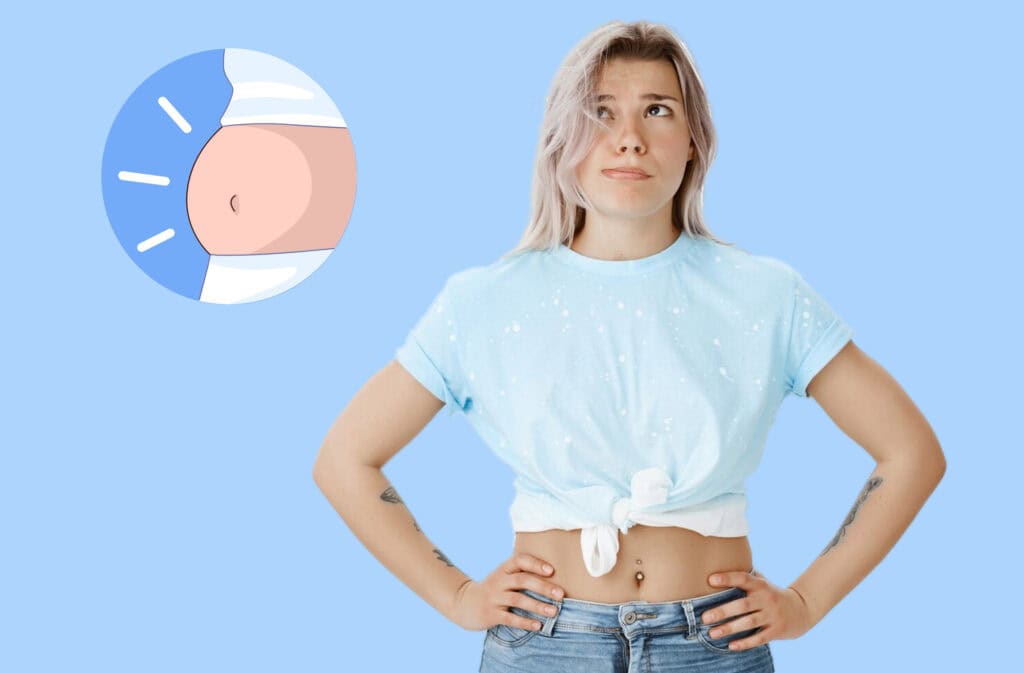
Discover why bloating during ovulation occurs, if it is normal, and its symptoms, causes, how long it lasts, how to relieve it, and more.
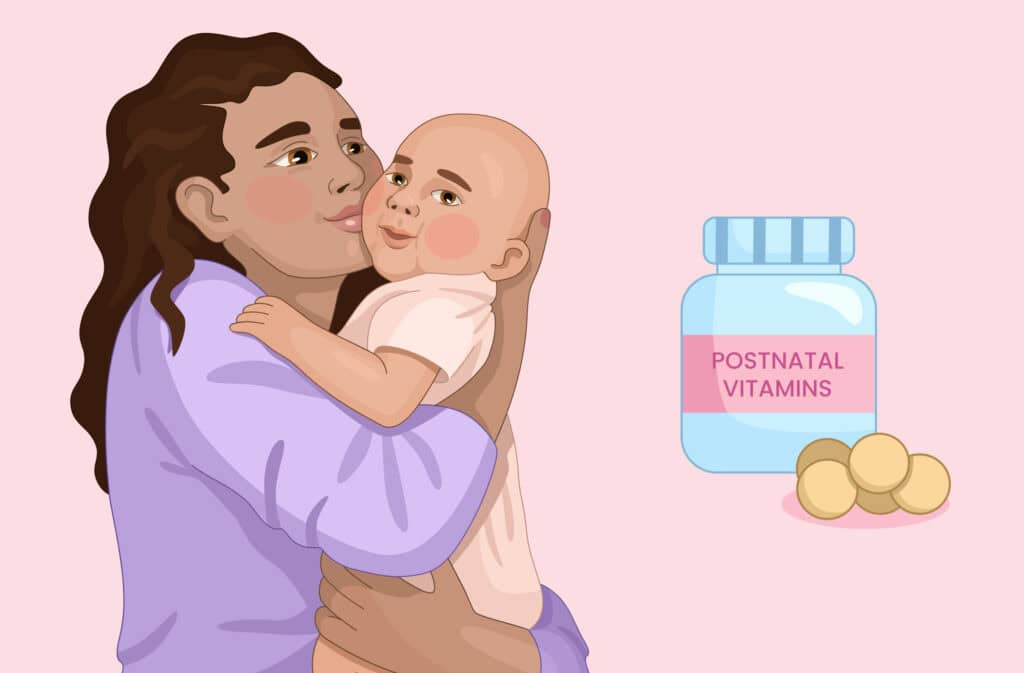
Postpartum supplements are packed with much-needed vitamins for recovery and milk production after pregnancy. Here is how to choose the best postnatal vitamins.

